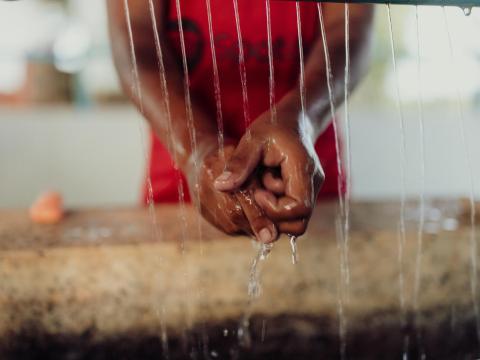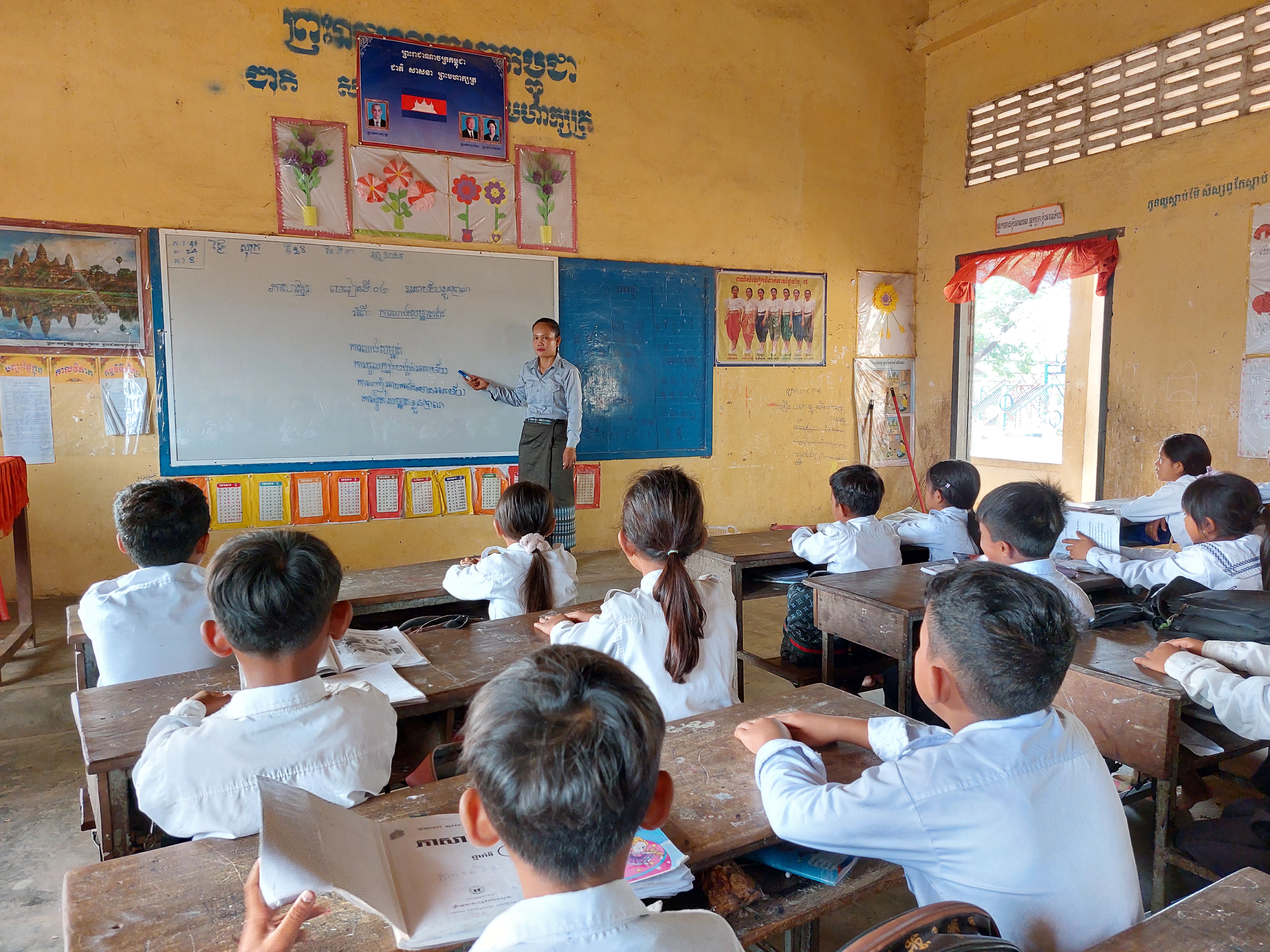Banteay Meanchey achieves Open Defecation Free status, transforming public health

Banteay Meanchey, 1st April 2025 – Banteay Meanchey has officially joined Cambodia’s growing list of Open Defecation Free (ODF) provinces—a game-changer for public health, sanitation, and community well-being. This historic milestone was marked by a grand celebration attended by government officials, development partners, local and international NGOs, and local communities, with over 1400 participants.The celebration was presided over by the Minister of Rural Development. World Vision International in Cambodia is proud to be part of this achievement, made possible through collaboration with the ministry, provincial departments, local authorities and community members. In Banteay Meanchey alone, through its Water, Sanitation and Hygiene (WASH) programme, over 3,066 latrines were built in homes, schools, health centres, and community spaces. The programme benefits over 187,000 families and more than 249,700 children across 612 villages in the province.
The contamination of water, food, and soil by human waste, a direct result of open defecation, drives the spread of many diseases. Diarrheal illnesses, intestinal worms, typhoid, and hepatitis A are among the most common risks, with children facing heightened vulnerability to malnutrition and developmental issues. (1)
"Toilets are more than just infrastructure; they open the door to better health, education, and social progress of Cambodians," said Davith Nong, Senior WASH Specialist at World Vision Cambodia.
This milestone contributes to Cambodia’s Pentagonal Strategy, which prioritizes public health and environmental sustainability. By improving sanitation and access to clean water, the ODF initiative helps prevent disease and supports a healthier future for all.
Previously, both teachers and students in a primary school in Phnom Srok had to endure long hours without access to toilets, often relying on nearby villagers or resorting to open defecation. This lack of proper facilities led to poor hygiene, frequent illnesses, and disrupted learning.
Now, with access to clean water and hygienic toilets, students, especially girls, can attend school more regularly and focus on their education without health concerns, according to Sieng Ky, a grade 4 teacher at Pong Ro primary school. “We are happier and healthier now. Having clean toilets at school means students can learn without discomfort, and we no longer suffer from diarrhea,” said the teacher.

In collaboration with the Royal Government of Cambodia, the Provincial Department of Rural Development, and local district and commune authorities, World Vision’s WASH programme is making a transformative impact across eight provinces—Banteay Meanchey, Battambang, Kandal, Takeo, Kampong Speu, Kampong Chhnang, Kampong Thom, and Siem Reap. Reaching approximately 995,000 people, this initiative is driving lasting change by providing access to clean water, improved sanitation, and hygiene education. Through the construction of vital infrastructure, including boreholes, latrines, and handwashing stations, the programme is enhancing community well-being and fostering healthier, more resilient lives.At the national level, World Vision works closely with the Ministry of Rural Development (MRD) to improve WASH policies, update national guidelines, and drive impactful initiatives that reach even the most remote areas.